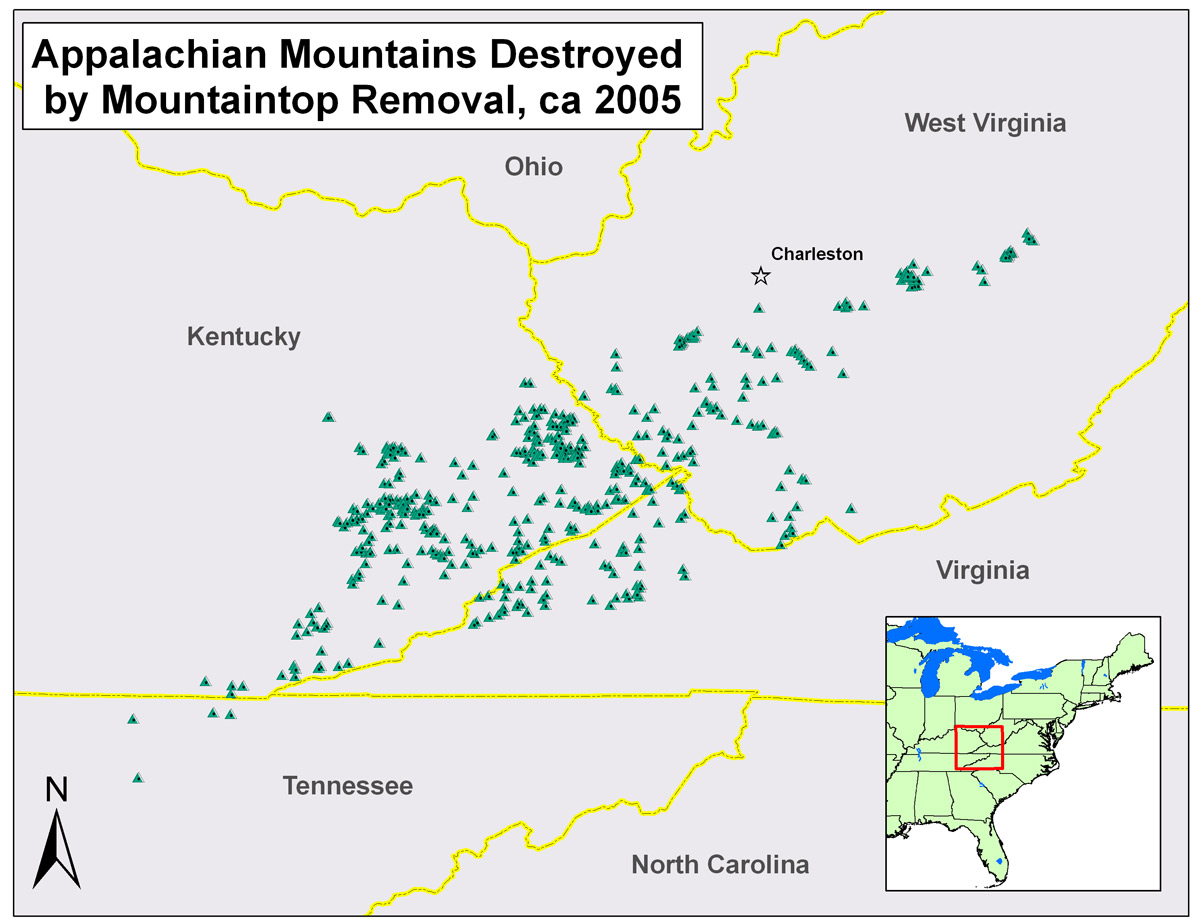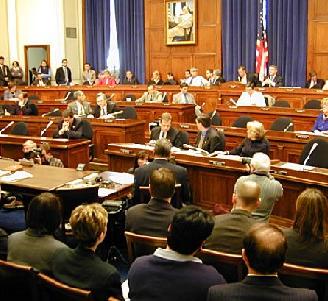Check out our editorial in the Round Rock Leader, in response to Sen. Kay Bailey Hutchison’s piece “Cap and Trade is No Good For Texas”:
By ANDY WILSON
Special to the Leader
United States Sen. Kay Bailey Hutchison takes a head-in-the-hot-sand approach to climate change that will get Texas burned and drive tens of thousands of new jobs elsewhere (“Cap and Trade is No Good For Texas,” Aug. 27 Leader).
She misses the mark on energy policy, using discredited industry statistics to drum up fear about a Cap and Trade policy that represents just a small portion of the initiatives proposed in the energy bill that passed the House of Representatives in July.
She fails to acknowledge that the bill includes provisions for renewable energy and energy efficiency – the real solutions to climate change.
Hutchison’s solution is no solution at all: more oil, more coal and more nuclear, with absolutely no coherent policy on how to lower energy costs and find alternatives to dwindling resources.
While America is faced with the worst economic crisis in generations, Sen. Hutchison is turning away opportunities to create new jobs while slavishly clinging to the talking points of the oil industry.
Families are hurting from high energy prices.
The answer lies in energy efficiency and renewable energy programs, which have proven to save Texans money.
Even The Wall Street Journal reports that “Wind Power Makes Electricity Cheaper in Texas,” and families that have received energy efficiency retrofits from their electric utility save money every month.
In the dieting world, low-calorie treats never taste as good as their fatty counterparts, but in the energy efficiency world, both light bulbs burn just as brightly. That’s a pretty sweet deal.
If Sen. Hutchison is as worried about job loss as she professes, she should work to improve the anemic renewable energy and efficiency goals in the bill.
Texas, as the leader in wind power and home to a burgeoning solar industry, would stand to gain 153,000 of new green jobs by passing a strengthened and stream-lined bill.
Texas already has employed more than 9,000 individuals to build our current crop of wind turbines, representing just a drop in the bucket in terms of the green jobs that national clean energy policies could bring to our state.
Big polluters are trying to scare people with exaggerated costs of addressing climate change.
Independent analyses from the EPA and CBO show the actual price to Americans to be less than a postage stamp a day.
The Union of Concerned Scientists estimates that strong action on climate change, including Cap and Trade, would save Texas families an average of $980 a year.
Opponents are concerned that Texas refineries are going to be hurt by this bill, but the House-passed bill provides more than $2 billion in free carbon credits to refiners.
How is about $2 billion in handouts to corporations not enough?
The oil industry is floating a red herring argument about sending competition overseas.
The U.S. Department of Energy projects that gasoline imports will decrease under the climate bill due to slowing demand and fuel economy improvements.
Sen. Hutchison has received more than $2.1 million in campaign contributions from the oil industry during her Senate career, so her remarks may have more to do with giving back to an industry that, according to the Center for Responsive Politics, has been the largest single source of financing for her Senate campaigns.
If Sen. Hutchison really wants to do what’s right for Texas, she should strengthen the climate bill, rather than shoot it down.
If she is worried about price impacts on Texas families, she should strengthen consumer protections and strip out the billion-dollar in-dustry giveaways.
And if she’s concerned about Texas’ financial well being, she should remember that Texas above all else is an energy state – which means that we must have a future in clean, renewable energy as well.
But just saying “no” to a new energy bill, “no” to new jobs and “no” to new industries is “no good for Texas.”
Read Full Post »



 Last week we saw the Waxman Markey bill go to the Energy and Commerce committee. Watching the markup process increased my interest in the role special interest money plays in the political process.
Last week we saw the Waxman Markey bill go to the Energy and Commerce committee. Watching the markup process increased my interest in the role special interest money plays in the political process. announced an
announced an 

 This week t
This week t

